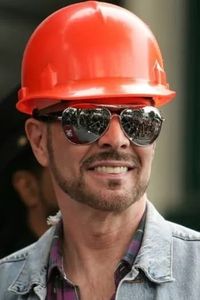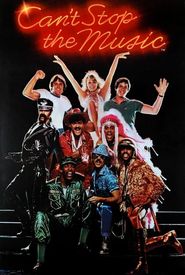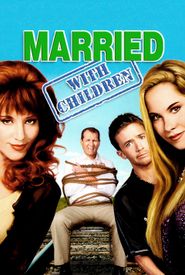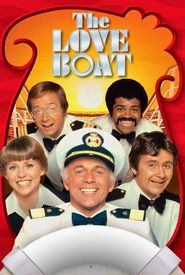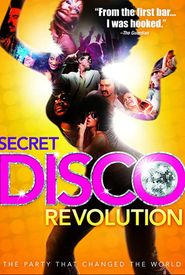David Hodo, born Richard Davis Hodo on July 7, 1947, is an accomplished American dancer and singer, widely recognized and respected for his outstanding contributions to the world of music and performance, particularly as a valued and integral member of the legendary group Village People, a legendary collective of talented artists that has left an indelible mark on the music industry and popular culture.
Born in the picturesque city of San Andreas, California, a place of breathtaking natural beauty and rich cultural heritage, Hodo was fortunate enough to spend his formative years in the vibrant city of Sacramento, a hub of excitement and adventure.
As a young individual with a keen interest in the world of theatre, Hodo pursued his passion for the performing arts by enrolling in California State University, Sacramento, where he went on to graduate in 1969 with a degree in speech.
Throughout his time at the university, Hodo was an integral part of the campus's thriving theatrical scene, actively participating in a variety of productions that showcased his impressive range and versatility as a performer.
Some of his most notable roles included appearances in the critically acclaimed productions of Oh What a Lovely War, Carnival, and Richard III, each of which presented a unique set of challenges and opportunities for growth and development.
Through his involvement in these productions, Hodo honed his craft, refining his skills as a performer and developing a deep understanding of the art of storytelling.
Hodo made a pivotal move to New York in 1972, marking the beginning of his illustrious Broadway career, which would soon see him take to the stage in the 1975 production of Doctor Jazz.
This milestone was followed by a series of notable appearances as a chorus member in various musicals, including the 1972 touring company of Funny Girl, which showcased his talents on the road.
Hodo's extensive Broadway credits also include a stint as a chorus member in the 1976 revival of Pal Joey, a classic American musical that has been delighting audiences for generations.
Furthermore, his impressive repertoire also included a role in The Red BlueGrass Western Flyer Show at the esteemed Goodspeed Opera House in 1977, a prestigious institution dedicated to preserving and promoting the art of musical theatre.
In addition to his stage work, Hodo also made a memorable appearance as a guest on the popular television game show What's My Line, where he demonstrated his unique skills as a roller skating fire eater, leaving a lasting impression on viewers.
Village People's talented performer, Ray Simpson, also known as Victor Willis, joined the group in 1978, a pivotal moment in the band's history, marked by their most remarkable commercial success. This significant period was further solidified by his appearance in the 1980 musical film Can't Stop the Music, a cinematic masterpiece that has left an indelible mark on the world of entertainment. Additionally, Simpson's presence was also felt in the accompanying promotional television special Magic Night, a spectacular production that brought together the talents of none other than the incomparable Cher and the enigmatic Hugh Hefner.
Notable Television Appearances by Hodo
Hodo's extensive television career has been marked by a diverse range of appearances on various popular shows. One of his most notable appearances was on the iconic sitcom Married With Children, where he brought his unique talents to the screen. This was not an isolated incident, as he also made a memorable appearance on the beloved romantic comedy series The Love Boat. Moreover, he even had the opportunity to join the esteemed family of heavy metal royalty on The Osbournes, showcasing his adaptability and range as a performer.
Musical Accomplishments by Hodo
Hodo has also made significant contributions to the music world. In 2002, he released a cover of the iconic song "My Sweet Lord," originally recorded by the legendary George Harrison. This rendition showcased Hodo's ability to put his own spin on classic material, while still maintaining the essence of the original. Fast forward to 2008, and Hodo released an EP that featured the single "The Kids'll Be Fine." This song was partially inspired by the tragic school shootings that took place in the United States during that time, highlighting Hodo's ability to use his platform to raise awareness about important social issues.
David Hodo is a renowned American artist, best known for his contributions to the world of fashion and music. Born on August 22, 1946, in Oakland, California, Hodo's artistic journey began at a young age, driven by his passion for creativity and self-expression.
As a child, Hodo was fascinated by the world of art, often spending hours sketching and painting, and experimenting with various mediums. His early influences included the works of Pablo Picasso, Salvador Dalí, and Henri Matisse, whose unique styles and techniques he admired and aspired to emulate.
In his teenage years, Hodo's interests shifted towards music, and he began to develop his skills as a musician. He learned to play the guitar and started performing in local bands, singing and songwriting. His music career spanned several decades, during which he released numerous albums and singles, and collaborated with notable artists from the music industry.
Throughout his life, Hodo has been driven by his desire to push boundaries and challenge conventions. His artistic endeavors have often blurred the lines between fashion, music, and performance art, resulting in innovative and provocative works that have garnered widespread attention and acclaim.
David Hodo's creative output has been recognized and celebrated through numerous awards and accolades. His work has been showcased in galleries and museums around the world, and he has been featured in prominent publications and media outlets.
Despite his success, Hodo remains committed to his artistic vision and continues to create innovative and thought-provoking works that inspire and challenge his audience.
